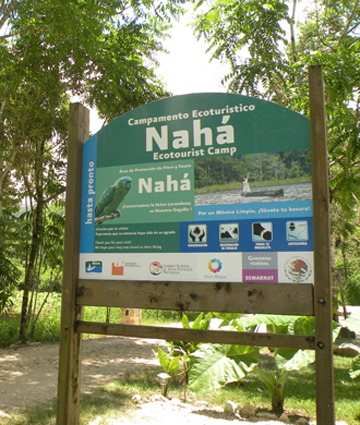There are many ways you can help to conserve important animals across the globe. Here are a few examples of things you can do to help support international conservation efforts:

Credit: Amanda Gonzales/ USFWS
- Volunteer! Many conservation organizations depend on volunteers in the U.S. and abroad. Do a web search to find an organization near you.
- Wild animals do not make good pets and it is illegal to buy endangered species. Do your research before making a decision to buy a pet and do not buy anything from a wildlife trafficker.
- Learn more about gibbons and other threatened and endangered species and tell your friends! Lesser known species do not receive as much support as other more well-known species.
- Read your labels! Palm oil plantations are contributing to habitat loss around the world – valuable forests are cleared to make way for palm oil plantations. If palm oil is in your product, read the label to check if it was sustainably grown.
When traveling abroad be sure to consider the following tips:
- Be a conscious shopper when abroad. When you travel outside of the United States it is important to think about what you are buying. When purchasing souvenirs or gifts for family and friends, think about where that item might have come from. Does it contain wildlife products? If so, is it a species that is endangered or threatened? Was the animal harvested sustainably? Was it produced legally? One of the main ways to limit the illegal wildlife trade is to stop the demand for wildlife products. If you don’t know, don’t buy!
- Be an eco-tourist and travel green. Eco-tourists are able to experience species in their natural habitat while supporting local livelihoods and conservation efforts. These sustainable travel practices allow visitors to experience nature while limiting human impacts on wildlife.
- Buy local products and support the local economy. Tourism is a large source of income for many local communities abroad. Support these local communities’ livelihoods by purchasing unique, handcrafted goods that do not contain animal products.
- If you see suspicious products, speak up. If abroad and you think you see protected wildlife or products derived from wildlife traded or sold illegally, let the local police or your hotel management know. If possible, warn fellow travelers in the same area.

